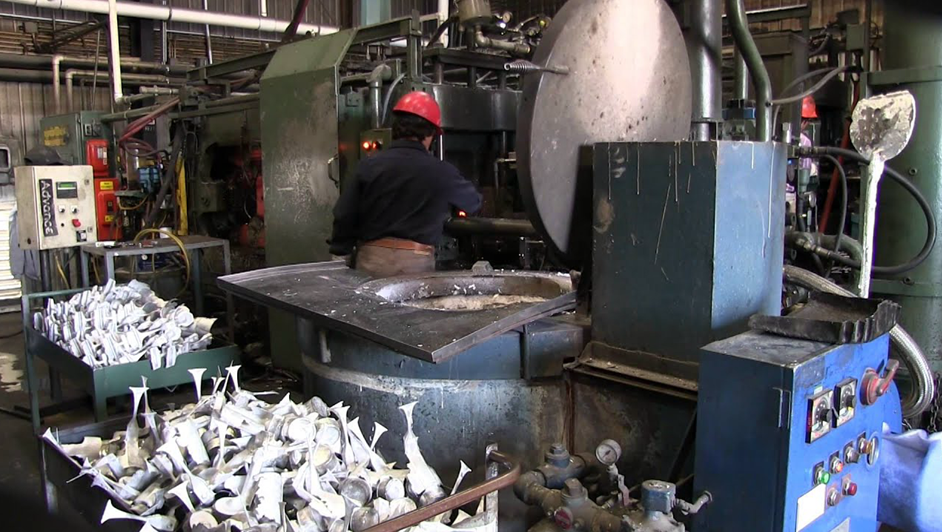Aluminum alloy die casting is a manufacturing process that is widely used in the production of high-quality metal parts. It is a popular method for producing complex, intricate shapes with excellent dimensional accuracy, surface finish, and mechanical properties. This manufacturing process involves the use of high-pressure injection of molten metal into a die or mold. The aluminum alloy is melted in a furnace and then injected into the die at high pressure, where it solidifies and takes the shape of the mold. This article discusses the various aspects of aluminum alloy die casting and how it ensures high-quality manufacturing.
Advantages of Aluminum Alloy Die Casting
Aluminum alloy die casting offers several advantages over other casting processes. Some of the key benefits are:
1. High Dimensional Accuracy: Aluminum alloy die casting produces parts with excellent dimensional accuracy, which means that the parts are produced to precise specifications.
2. High Surface Finish: The process produces parts with a smooth surface finish, which requires minimal finishing operations.
3. Complex Shapes: The process can produce parts with complex shapes that are difficult or impossible to achieve with other casting processes.
4. High Production Rates: Aluminum alloy die casting is a high-speed process that can produce parts in large volumes, making it an ideal choice for mass production.
5. Lightweight: Aluminum alloy die casting produces lightweight parts that are strong and durable, making it ideal for applications that require high strength-to-weight ratios.
Ensuring High-Quality Manufacturing
Aluminum alloy die casting is a complex process that requires careful attention to detail to ensure high-quality manufacturing. Here are some of the key factors that contribute to high-quality manufacturing:
1. High-Quality Materials: High-quality materials are essential for producing high-quality parts. The aluminum alloy used in the process must meet strict quality standards to ensure that the parts produced are strong, durable, and have excellent mechanical properties.
2. Advanced Equipment: Advanced die casting equipment is essential for the process to produce high-quality parts. The equipment must be designed to handle high pressures and temperatures to ensure that the parts are produced to precise specifications.
3. Experienced Operators: Experienced operators are essential for the process to produce high-quality parts. The operators must have a thorough understanding of the process and be able to identify and address any issues that may arise during production.
4. Quality Control: Quality control is essential for ensuring that the parts produced meet strict quality standards. The process must be monitored closely to identify any defects or issues, and corrective action must be taken quickly to prevent any further issues.
5. Post-Production Inspection: Post-production inspection is essential for ensuring that the parts produced meet the required specifications. The parts must be inspected for dimensional accuracy, surface finish, and mechanical properties to ensure that they meet the required standards.

Conclusion
Aluminum alloy die casting is a popular manufacturing process that offers several advantages over other casting processes. It produces parts with high dimensional accuracy, excellent surface finish, complex shapes, high production rates, and lightweight. To ensure high-quality manufacturing, the process requires high-quality materials, advanced equipment, experienced operators, quality control, and post-production inspection. By following these key factors, aluminum alloy die casting can produce high-quality parts that meet strict quality standards.
-

- Custom-made thixomolding parts UAV components with CNC machining &surface treatment
-

- Magnesium alloy Thixomolding power batter housing
-

- OEM die casting components for automotive Seat frame
-

- Magnesium alloy thixomolding components
-

- Magnesium alloy die-casting rigid fork for bike
-

- Custom-made die casting parts&comopnents for bicycle suspension fork for MTB

 0086-750-5616188
0086-750-5616188 +86 13392089688
+86 13392089688 sales@zhongmei-tech.com
sales@zhongmei-tech.com







